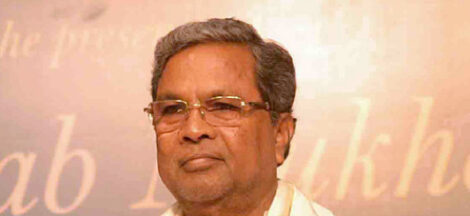The Karnataka government is considering a significant shift in labor regulations for IT professionals, proposing an extension of the standard working hours to exceed twelve hours a day. This potential change aims to address the growing demands and competitive pressures within the state’s booming technology sector.
The initiative, under discussion, is driven by the need to align working hours with global standards and enhance productivity in a highly competitive market. Proponents argue that longer working hours could improve efficiency and ensure that projects meet tight deadlines, which are increasingly common in the tech industry. The proposal reflects Karnataka’s ambition to strengthen its position as a leading IT hub, furthering its appeal to international clients and investors.
The plan has sparked considerable debate among various stakeholders, including industry leaders, employee unions, and government officials. Supporters of the extension claim it will boost overall output and help IT firms better compete with global counterparts. They argue that longer hours can lead to higher productivity and economic growth for the state.
However, critics are concerned about the potential negative impacts on worker well-being and work-life balance. Extended working hours may lead to increased stress and burnout among employees, raising questions about the sustainability of such a measure. Labor organizations have voiced strong opposition, emphasizing the need for adequate rest and balanced work conditions. They suggest that rather than extending hours, the focus should be on optimizing existing workflows and improving work environments.
Recent surveys and studies on work practices in the IT sector reveal a mixed response to the proposed changes. Some data indicate that longer hours could lead to higher short-term gains, but also highlight the risks of long-term detrimental effects on employee health and job satisfaction. These findings underscore the complexity of the issue and the need for a nuanced approach that considers both economic benefits and worker welfare.
Key industry figures, including major IT companies based in Bengaluru, have been closely monitoring the developments. While some have expressed cautious support for the proposal, emphasizing the potential for increased productivity, others have raised concerns about the implications for employee retention and morale. The impact of such a policy on Karnataka’s attractiveness as a business destination could be significant, influencing decisions by both domestic and international tech firms.
The Karnataka government has yet to finalize the proposal, with discussions ongoing among various departments and stakeholders. The outcome will likely depend on balancing the interests of the technology sector with those of the workforce. As the situation evolves, the government is expected to conduct further consultations and impact assessments to ensure that any changes align with broader economic and social goals.
The debate over extending working hours highlights broader trends within the global IT industry, where companies are increasingly grappling with the demands of a fast-paced, high-stakes environment. While the prospect of longer hours may be appealing to some, it also raises fundamental questions about the future of work and the role of government in regulating labor practices.
In the coming months, the Karnataka government will need to navigate these complex dynamics to formulate a policy that supports both economic growth and the well-being of IT professionals. As the proposal progresses, it will be crucial for all parties involved to engage in constructive dialogue and seek solutions that balance productivity with the health and satisfaction of the workforce.




 Trinamool Plans Crackdown on ‘Internal Corruption’
Trinamool Plans Crackdown on ‘Internal Corruption’ 